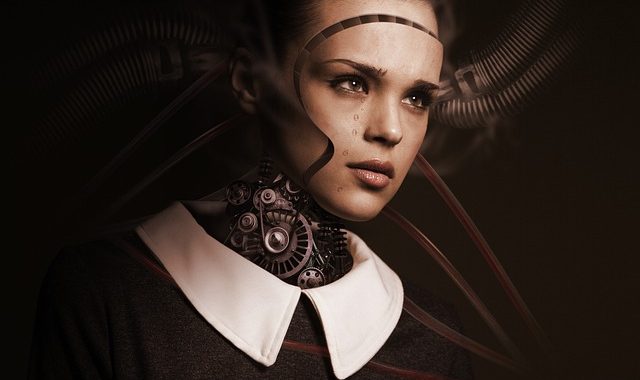In The New York Times recently, an article appeared delineating how Dr. Hod Lipson, director of the Creative Machines Lab at Columbia University and an Israeli-born roboticist sat behind a table in his lab, explaining the potential adaptability of robots and other A.I. machines, something which he argued would become more important as people became more reliant on machines. Likewise, he discussed how as robots become more significant in our lives in terms of such areas of endeavor as surgical procedures, food, manufacturing, and transportation, any error in their functions could be disastrous for us.
As Dr. Lipton said, if we’re literally going to surrender more and more of our lives to robots, we want the machines to be resilient. In order to make this occur, Lipton recommended that we take our inspiration from both animals and humans, both of whom are good at adapting to change. Yes, of course both humans and animals are good at adapting to change, as Charles Darwin’s theory of evolution has proved time and again. Yet at the same time, there is a quality that only humans and possibly some members of the animal kingdom possess which A.I machines will never possess; this being the possibility of a consciousness rooted in their sensorial and emotive lives, onr upon which they can reflect.
In fact, during a period of time in which our working memories, our attention spans, and the stream of our thoughts are under attack from the digital age and the devices which we all now so obsessively use, it seems now more important than ever that we seek the possibility of a larger consciousness which exists on the other side of thought, memory, and even knowledge. That is, one which is less anchored in our cognitive lives and increasingly anchored in the sort of direct insight into the dynamics of both our world and ourselves which stems from an enriched sensorial life and likewise a deeper emotive one.
On the other hand, if we succumb to making A.I machines an increasing part of our intelligence, this larger, more expansive consciousness born of direct insight will never occur as people continue to focus more and more on the sort of purely cognitive activities, particularly memory, that A.I. machines are so good at, just as so many people have become fascinated and obsessed by the Internet and digital devices since both came into our lives a number of years ago. More than anything, it seems imperative that we realize that intelligence itself is certainly much more than thought and memory. As much as anything, it has significantly to do with insight, and with the potential strength of one’s emotive and sensorial life, something at which a machine, even one that can accomplish highly complex tasks, is not so adept.
